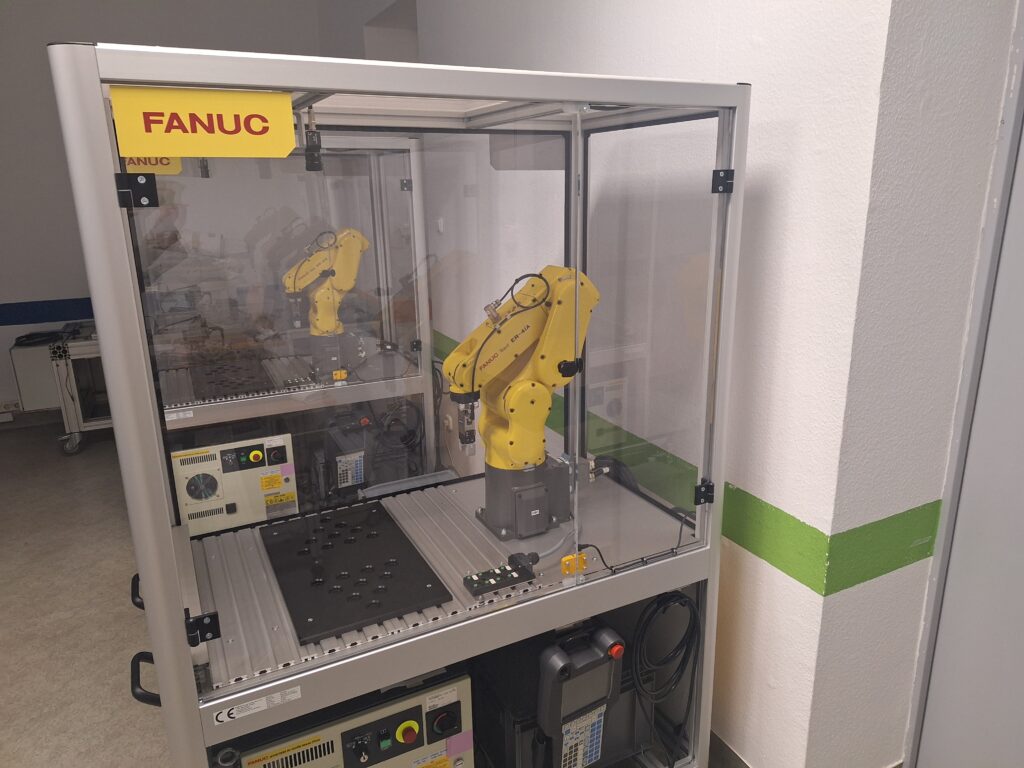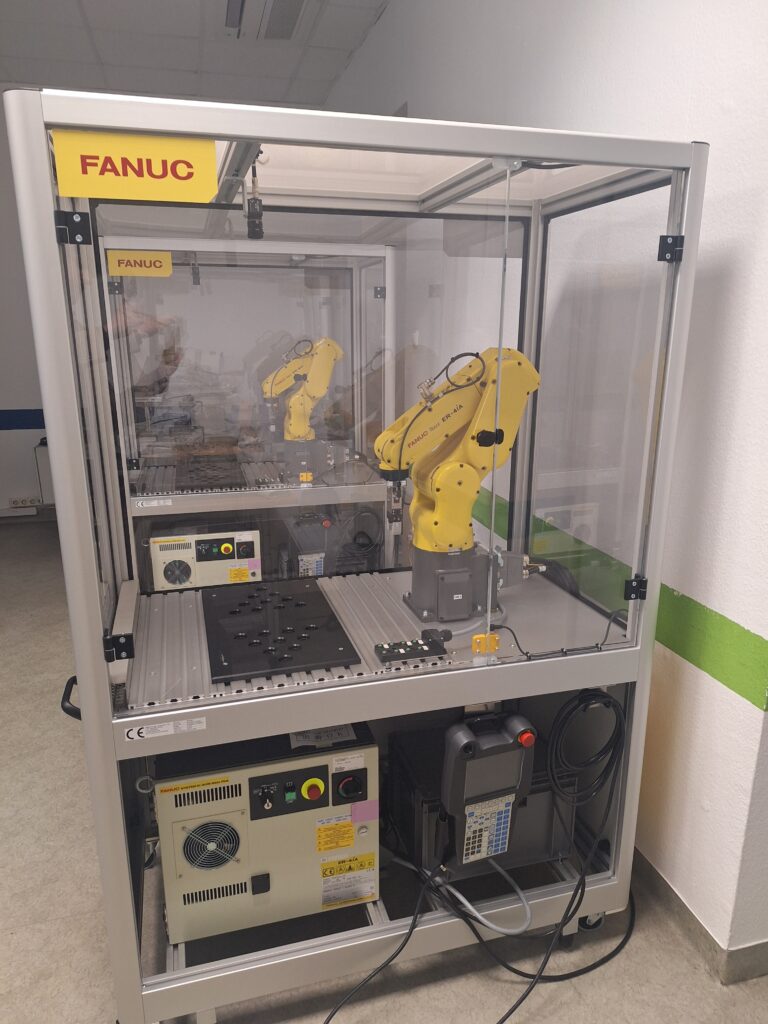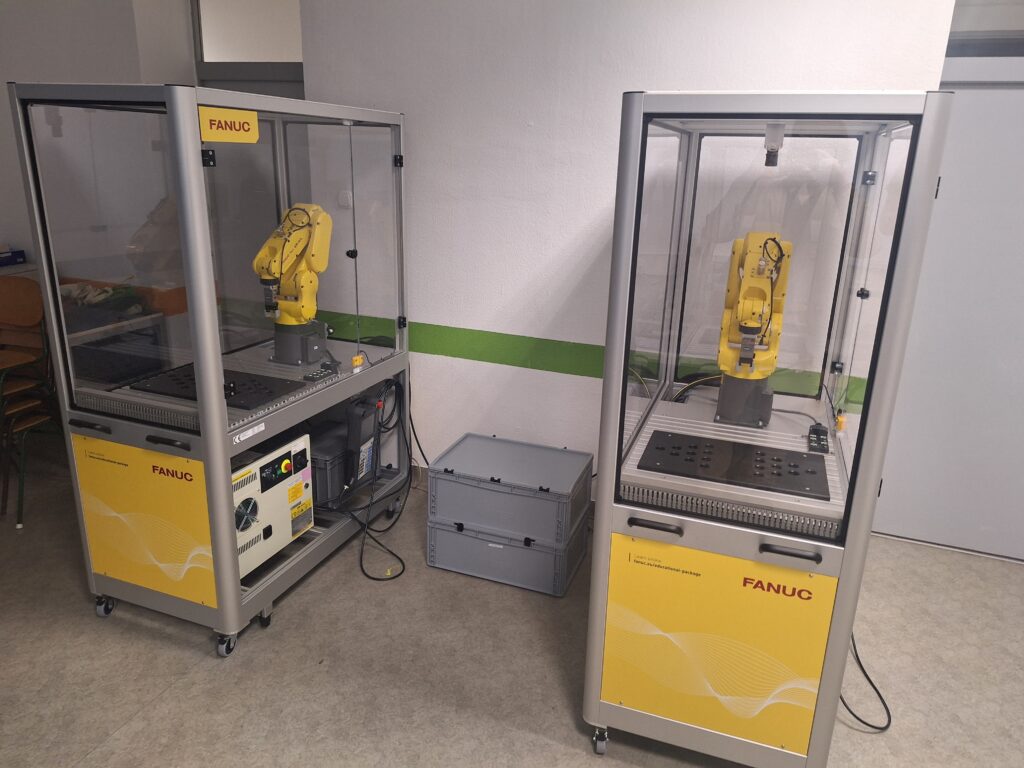🤖A major milestone in our robotics education: two FANUC training cells are now fully operational!
With the installation of these state-of-the-art robotic systems from FANUC, our students gain access to an industry-grade learning environment that closely replicates real industrial automation scenarios.
The new training cells significantly expand opportunities for:
- hands-on industrial robot programming
- advanced automation and manufacturing projects
- structured competition preparation
This development also strengthens our capability to prepare students for the WorldSkills Robotics competition category, enabling them to train under technical conditions aligned with international standards.
We are confident that this investment will further enhance our students’ technical excellence and global competitiveness in industrial robotics and automation.
Bence Varga



